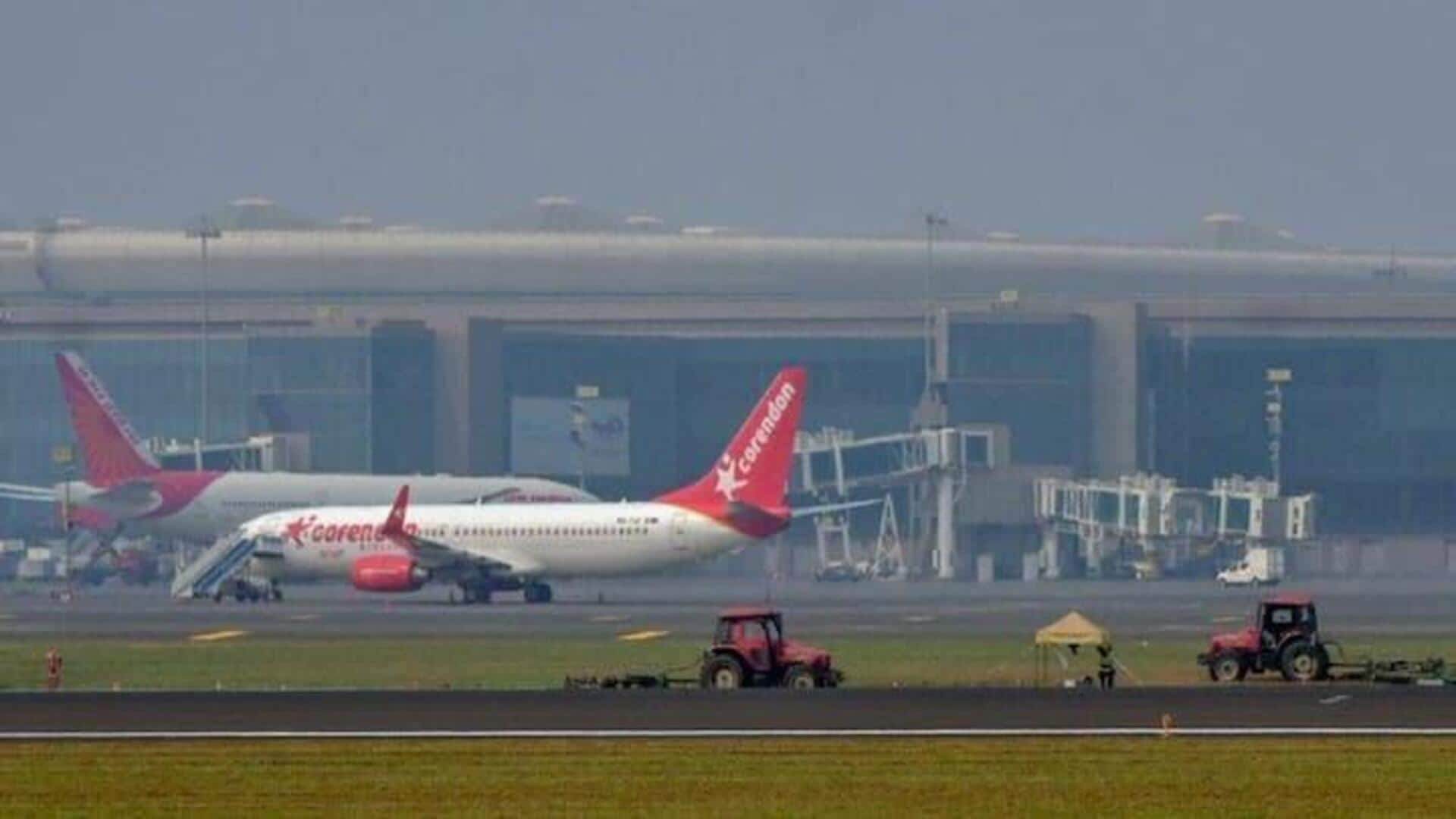
India recorded 65 in-flight engine shutdowns, 11 Maydays since 2020
What's the story
Since 2020, Indian flights have reported 65 in-flight engine shutdowns, according to data obtained through the Right to Information (RTI) Act. In all cases, pilots managed to land safely with one operational engine. Experts attribute these shutdowns to technical problems such as low fuel, turbine issues, and faulty electronics. The data also revealed that pilots made 11 "mayday" distress calls in the past 17 months.
Technical failures
Pilots managed to land safely in all cases
The RTI data showed that between January 1, 2024 and May 31, 2025, Air Traffic Services across the country received 11 mayday calls, reporting various technical issues and requesting an emergency landing. According to a TOI report, the information excludes the recent disaster of Air India's London-bound AI-171 flight in Ahmedabad on June 12 and a domestic IndiGo flight that was diverted.
Safety measures
AI crash report
The Aircraft Accident Investigation Bureau (AAIB) recently released a preliminary report on the AI 787-8 Dreamliner crash, which killed 260 people. The report indicated that fuel cut-off to the engines led to dual engine failures. In light of this, the DGCA has asked airlines to inspect fuel switch locking systems on Boeing 787 and 737 planes by July 21. Indian airlines such as Air India, Air India Express, SpiceJet, and IndiGo currently operate around 150 Boeing 737s and 787s.
Previous warnings
FAA's warning and DGCA's fleet inspections
Meanwhile, reports have surfaced stating that the Federal Aviation Administration (FAA) had flagged the potential disengagement of fuel control switch locking features on certain Boeing aircraft models in 2018. This was mentioned in a Special Airworthiness Information Bulletin (SAIB), but no airworthiness directive was issued as it wasn't considered a safety concern.